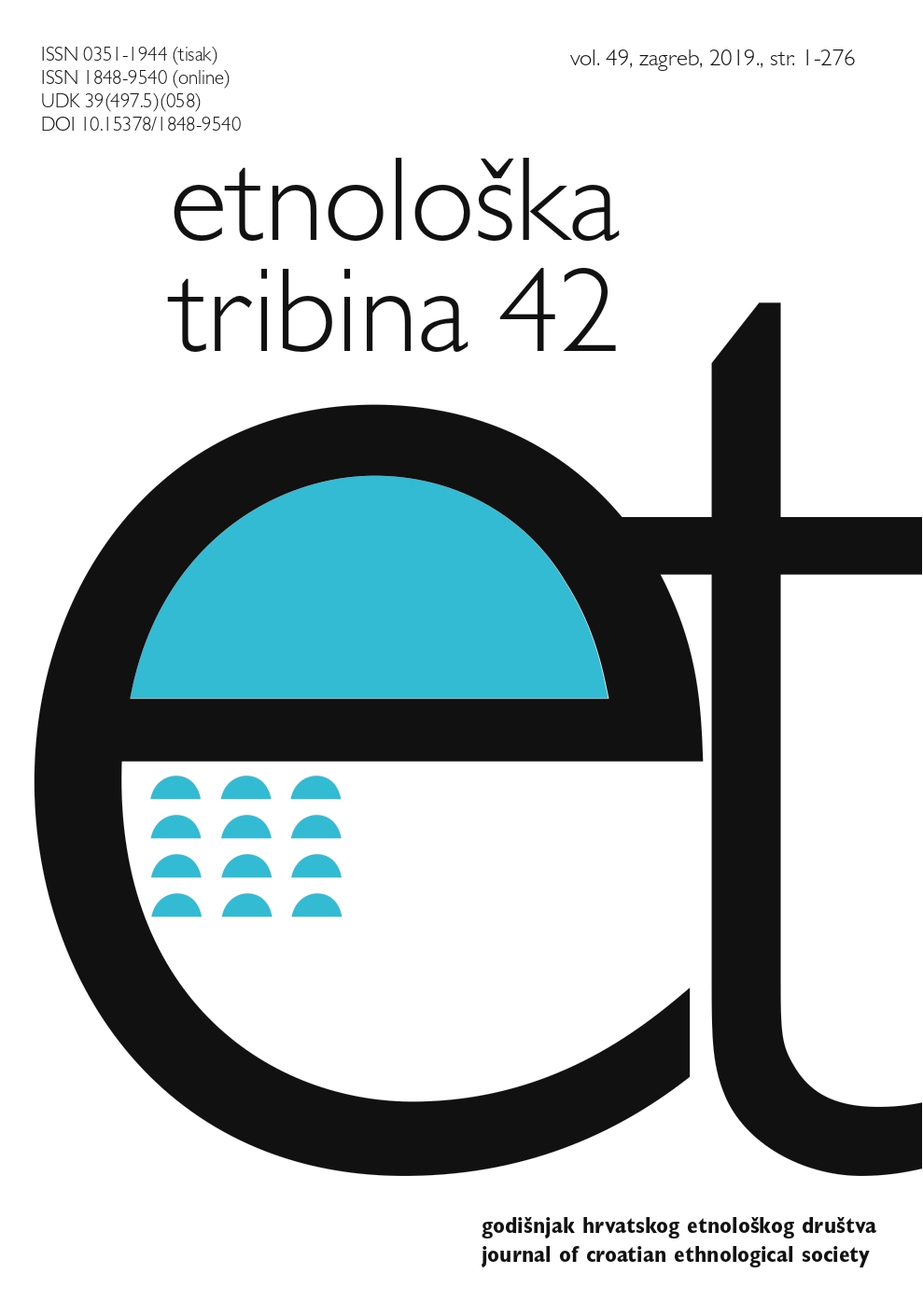The Impact of EU Citizenship on Migrant Integration. The Case of Highly Skilled Migrants from Southeast Europe in Brussels
Sažetak
Migrations undertaken by highly skilled persons assume an important position in knowledge societies, especially in large global cities where there is a need for their work. This article is based on qualitative research conducted in Brussels in 2014, working with a sample (N=20) of highly skilled migrants from Southeast Europe. Through applying Bosswick and Heckmann's (2006) analytical framework, this research examines the influence of European Union citizenship on the system and social dimension to the integration of the researched group. Under system integration, the gaining and enacting of citizenship rights receives special attention, while with social integration, the identificational dimension to integration is in focus. The research results demonstrated that the possession of EU citizenship influences the integration outcome – to a greater extent in the case of system integration, and to a lesser extent with social integration. Given that the integration of highly skilled migrants in Brussels occurs within "international strata", rather than a national culture framework, the classic integration model does not function in Brussels. In the case of the integration of highly skilled migrants in a global city such as Brussels, it was shown that migrants do not attach an importance to (national) citizenship as long as they have EU citizenship. Highly skilled migrants from third countries do attach an importance to national citizenship so long as they do not have a work permit with which they are regulating their stay and provided that they plan to settle for a long time in Belgium.
##submission.downloads##
Objavljeno
Broj časopisa
Rubrika
Autorska prava

